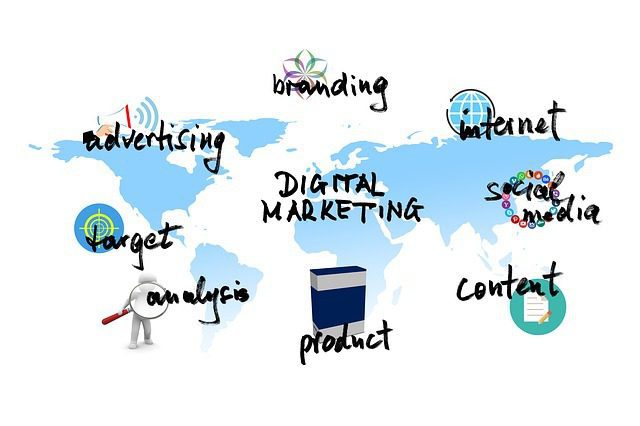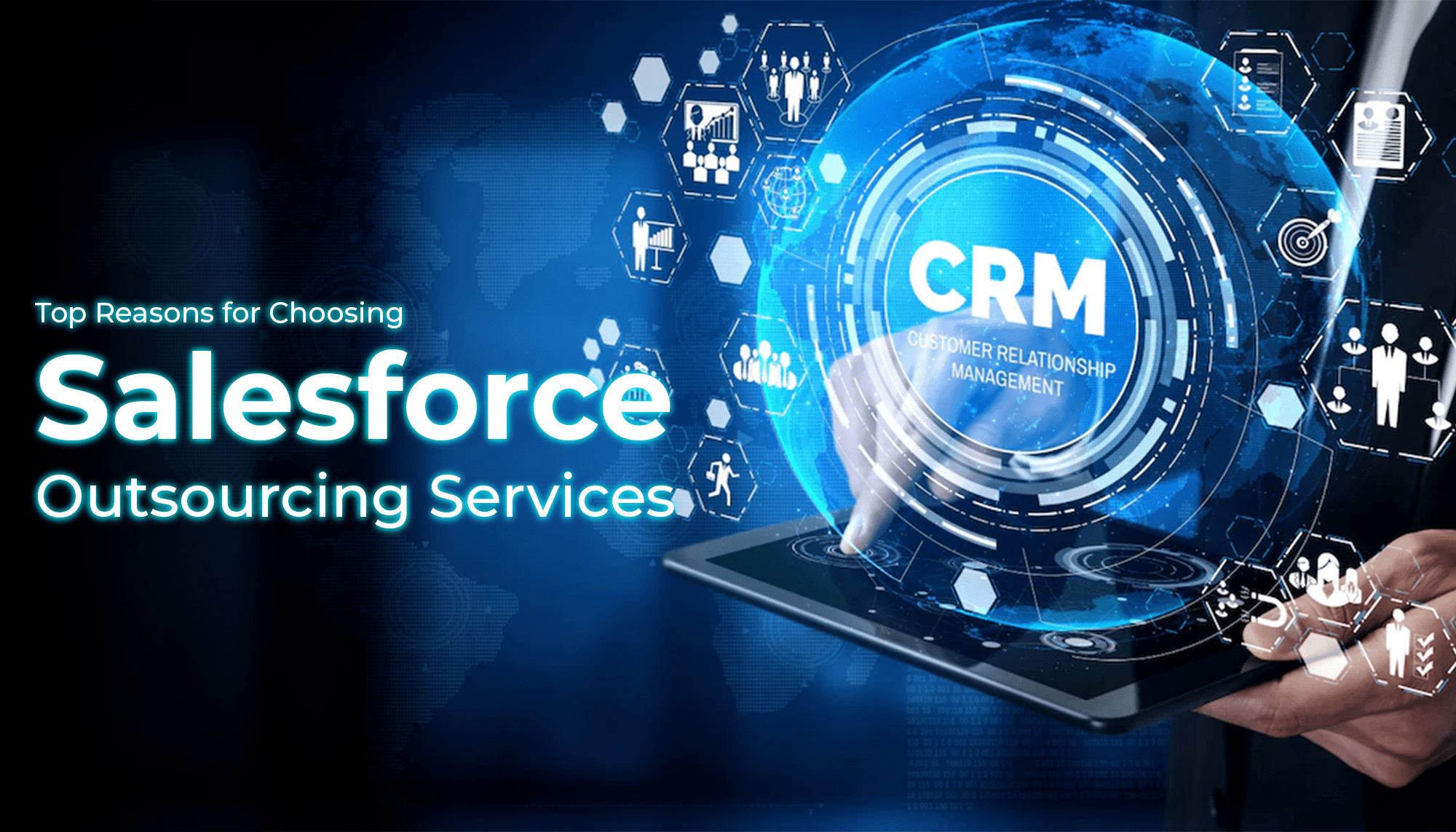
As businesses continue to grow and expand, so do their marketing efforts. However, with more marketing tasks comes the need for more time and resources. This is where automating marketing processes can be a game-changer.
Marketing automation refers to the use of software platforms and technologies designed for marketing professionals and departments to streamline their marketing efforts. By automating repetitive tasks such as email marketing, social media management, lead nurturing, and data reporting, marketers can focus on creating high-quality content and engaging with their audience.
Improving business technologies allow for marketers to better sell their brand to potential customers. Automation is the next step in this evolution. Whether it’s the security of a digital mailbox, the freedom of teams that work remote, or the efficiency of automation, the goal is to always strive to allow for your employees to be as productive as possible.
Benefits of Automating Marketing Processes
Saves Time: By automating repetitive tasks, marketers can save time that can be used for other important tasks such as creating new campaigns or analyzing data. Certain processes become redundant and if they are able to be automated it removes the “busy work” from an employee’s schedule.
Increases Efficiency: Automated processes are more efficient than manual ones since they don’t require human intervention. While they will need to be audited occasionally, this will still save countless hours of employee time.
Improves Accuracy: Automation reduces the risk of human error in tasks such as data entry or lead tracking.
Enhances Personalization: With automation tools, marketers can personalize their messages based on customer behavior and preferences.
Boosts ROI: Automated processes help businesses save money by reducing the need for additional staff or resources while increasing revenue through improved efficiency and personalization.
Marketing Processes You Should Consider Automating
Lead Tracking and Nurturing: Automate your lead tracking process by using software that tracks leads from various sources such as social media or website forms. Once you have captured leads, use automation tools to nurture them through personalized email campaigns.
Social Media Marketing: Use automation tools to schedule posts across multiple social media platforms at once, track engagement metrics, and respond to comments or messages automatically.
Content Marketing: Automate your content distribution process by scheduling blog posts or newsletters in advance using automation tools. This can be one of the best ways to improve efficiency at your company.
User Engagement: Use automation tools to send personalized messages based on user behavior such as abandoned cart reminders or product recommendations. Since no one is spending their valuable work time writing these messages, the return on investment is always a positive.
Data Reporting and Analytics: Use automation tools to gather data from various sources such as Google Analytics or CRM systems and generate reports automatically.
Conclusion
Automating marketing processes is an effective way for businesses to streamline their marketing efforts while improving efficiency, accuracy, personalization, and ROI. By considering which processes are best suited for automation based on your business needs, you can take advantage of the benefits that come with automated marketing processes.








